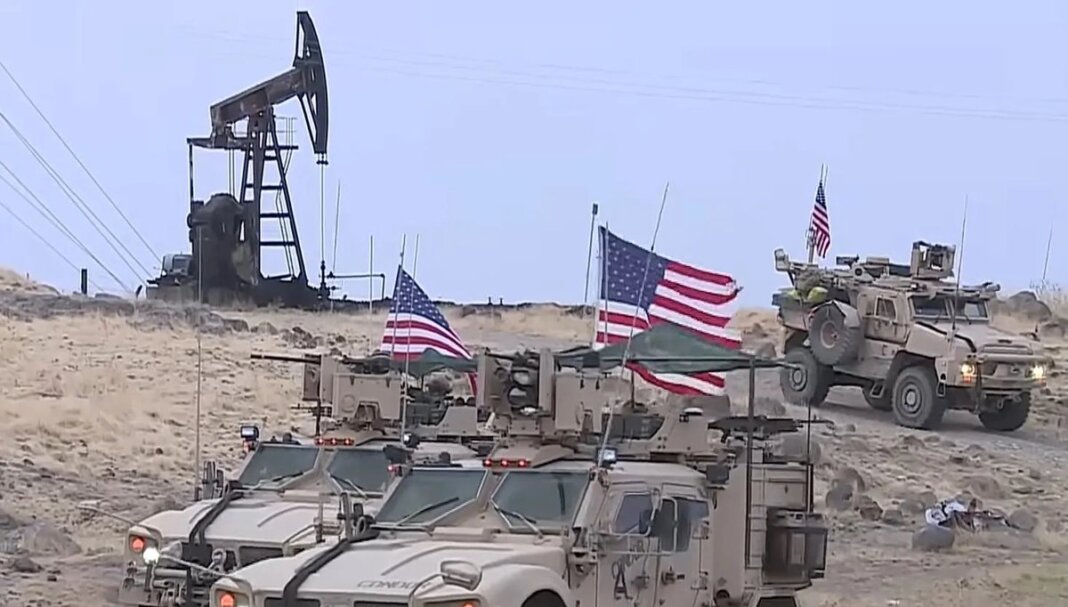When political situations escalate and diplomatic ties become strained, military cooperation often finds itself at the center of heated debates. Recently, the Pentagon declared its commitment to keep around 1000 soldiers in Niger, brushing off the demands of the “military junta” to terminate such cooperation. This decision has sparked interest and speculation worldwide. Let’s delve into the intricacies of this development and its implications on the U.S.-Niger relations.
Table of Contents
Understanding the Pentagon’s Decision
In a surprising twist of events, the Pentagon firmly announced its intention to maintain its military presence in Niger despite mounting pressure from the “military junta” to end the partnership. This move showcases the United States’ strategic interests in the region and highlights its commitment to counter-terrorism efforts.
The Significance of Niger in the Fight Against Terrorism
Niger, located in West Africa, holds vital importance in the global fight against terrorism. The country serves as a crucial base for the U.S. military to launch operations targeting extremist groups in the region, such as Boko Haram and Islamic State West Africa Province (ISWAP). By maintaining a military contingent in Niger, the U.S. can effectively monitor and address the ever-evolving security challenges in the area.
Impact on U.S.-Niger Relations
The Pentagon’s unwavering stance has the potential to impact the diplomatic ties between the United States and Niger. The “military junta” in Niger has made it clear that they desire a change in their relationship with the U.S., seeking an end to military cooperation. This decision may strain diplomatic relations and hinder collaborative efforts in the future.
Examining the Junta’s Demands
To understand the “military junta’s” demands better, it is essential to explore the political context in Niger. The term “military junta” refers to a government where the ruling power is held by military officials. Following a coup d’état in Niger, the junta has taken control of the country, expressing its desire to review and alter existing international partnerships.
The Complexity of Diplomatic Relations
Diplomatic relations between nations are multifaceted and can be influenced by various factors, including political interests, security concerns, and economic ties. The Pentagon’s decision to maintain its contingent in Niger despite the junta’s demands signifies the U.S.’s steadfast commitment to counter-terrorism efforts in the region.
U.S. Counter-terrorism Strategy in West Africa
The United States has been actively involved in counter-terrorism operations in West Africa for years. The presence of American troops in Niger has contributed significantly to efforts aimed at neutralizing extremist threats and stabilizing the region. By continuing its military cooperation, the U.S. can sustain its efforts to combat terrorism in West Africa effectively.
Potential Consequences and Future Prospects
While the Pentagon’s decision maintains U.S. interests in the region, it also raises concerns about potential consequences. The junta’s demands may lead to diplomatic tensions between the two countries and could impact future collaborations on issues such as regional security and development.
The Need for Constructive Dialogue
As the situation unfolds, diplomatic dialogue and open communication between the United States and Niger will be crucial in navigating the complexities of their relationship. Engaging in constructive discussions can pave the way for mutually beneficial solutions that address security concerns while respecting the sovereignty of both nations.
Conclusion
In conclusion, the Pentagon’s decision to maintain its contingent in Niger despite the “military junta’s” demands reflects the United States’ commitment to counter-terrorism efforts in the region. Niger’s strategic significance in the fight against terrorism underscores the importance of sustaining military cooperation. However, this stance may also have implications on the diplomatic relations between the two countries. As the situation evolves, constructive dialogue will be essential to find a middle ground that addresses both nations’ interests while preserving regional stability.
